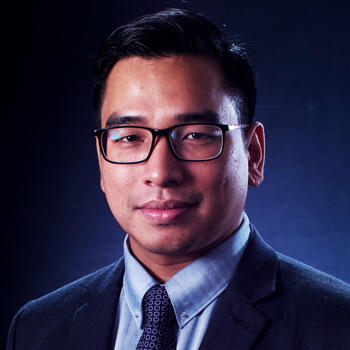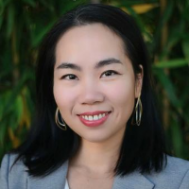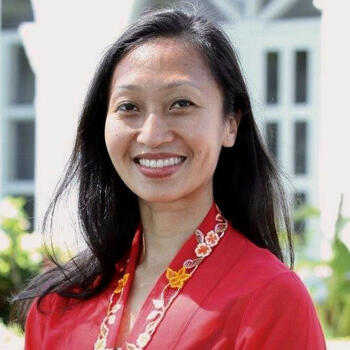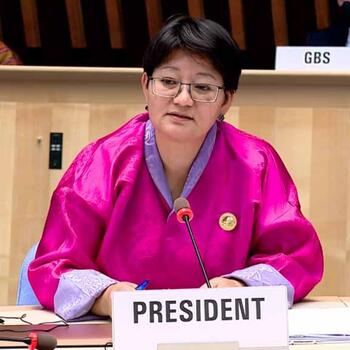Can Democracy Handle Ethnic War? Evidence from Southeast Asia

In the years following the 2011 general election in Myanmar, there were reasons to think that the country might be growing more democratic, and that dialogue between rulers and ethnic minorities might alleviate the latter's long-standing rebellions against the state. Instead, in 2021, a military coup ended democratic reform, triggered mass opposition, and plunged Myanmar back into civil war. In ostensibly democratic Indonesia and the Philippines, on the other hand, rebellions respectively by the Moros and the Acehnese transitioned to peace. Could one conclude, from this and other evidence, that autocracy engenders and prolongs ethnic civil war, and that, in contrast, democracy alleviates or even resolves it? Jacques Bertrand, in two recent books (noted in his bio below), challenges the notion that democracy necessarily fosters peaceful outcomes. He stresses the importance of interactive process between the state and its opponents and argues for a dynamic and contingent understanding of democracy’s impact. Although democratic institutions and negotiations can help to resolve deep and enduring conflicts, he concludes, they can also be used and have been used, mainly by the state, to manipulate and undermine insurgent ethnic minority groups.

Professor Bertrand has worked for many years on issues of ethnic conflict, nationalism, and secessionism in Southeast Asia. His research has been funded by the Social Sciences and Humanities Research Council of Canada, the United States Institute of Peace, and the International Development Research Centre. His latest book, just published in July 2022 and co-authored with Ardeth Thawnghmung and Alexandre Pelletier, is Winning by Process: The State and Neutralization of Ethnic Minorities in Myanmar. His sole-authored Democracy and Nationalist Struggles in Southeast Asia: From Secessionist Mobilization to Conflict Resolution appeared in 2021.
Discussant:

Via Zoom Webinar
Jacques Bertrand
Professor Jacques Bertrand joined the Walter H. Shorenstein Asia-Pacific Research Center (Shorenstein APARC) as Visiting Scholar and Lee Kong Chian NUS-Stanford Fellow on Contemporary Southeast Asia for the 2022-2023 fall quarter. He currently serves as Professor at the University of Toronto's Department of Political Science. While at APARC, he conducted research with Professor Donald Emmerson examining war-to-peace transitions in civil war, particularly in Southeast Asia.

 FSI scholars approach their research on the environment from regulatory, economic and societal angles. The Center on Food Security and the Environment weighs the connection between climate change and agriculture; the impact of biofuel expansion on land and food supply; how to increase crop yields without expanding agricultural lands; and the trends in aquaculture. FSE’s research spans the globe – from the potential of smallholder irrigation to reduce hunger and improve development in sub-Saharan Africa to the devastation of drought on Iowa farms.
FSI scholars approach their research on the environment from regulatory, economic and societal angles. The Center on Food Security and the Environment weighs the connection between climate change and agriculture; the impact of biofuel expansion on land and food supply; how to increase crop yields without expanding agricultural lands; and the trends in aquaculture. FSE’s research spans the globe – from the potential of smallholder irrigation to reduce hunger and improve development in sub-Saharan Africa to the devastation of drought on Iowa farms. 













